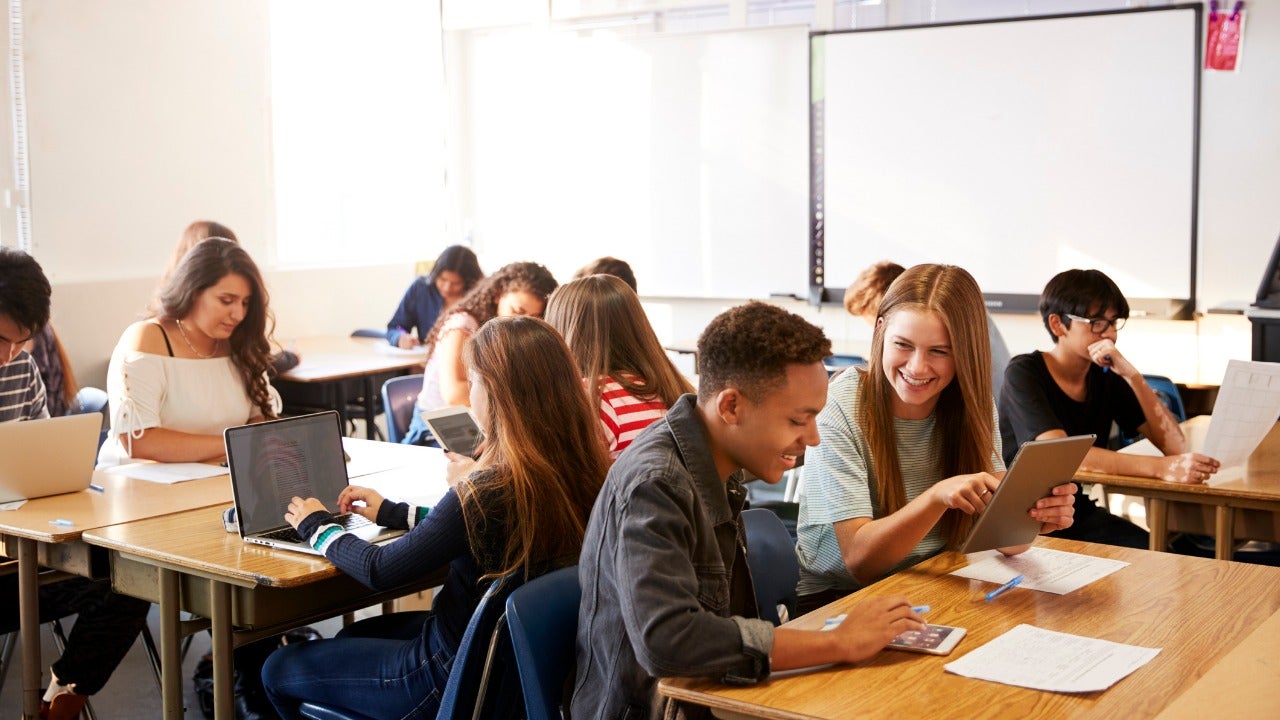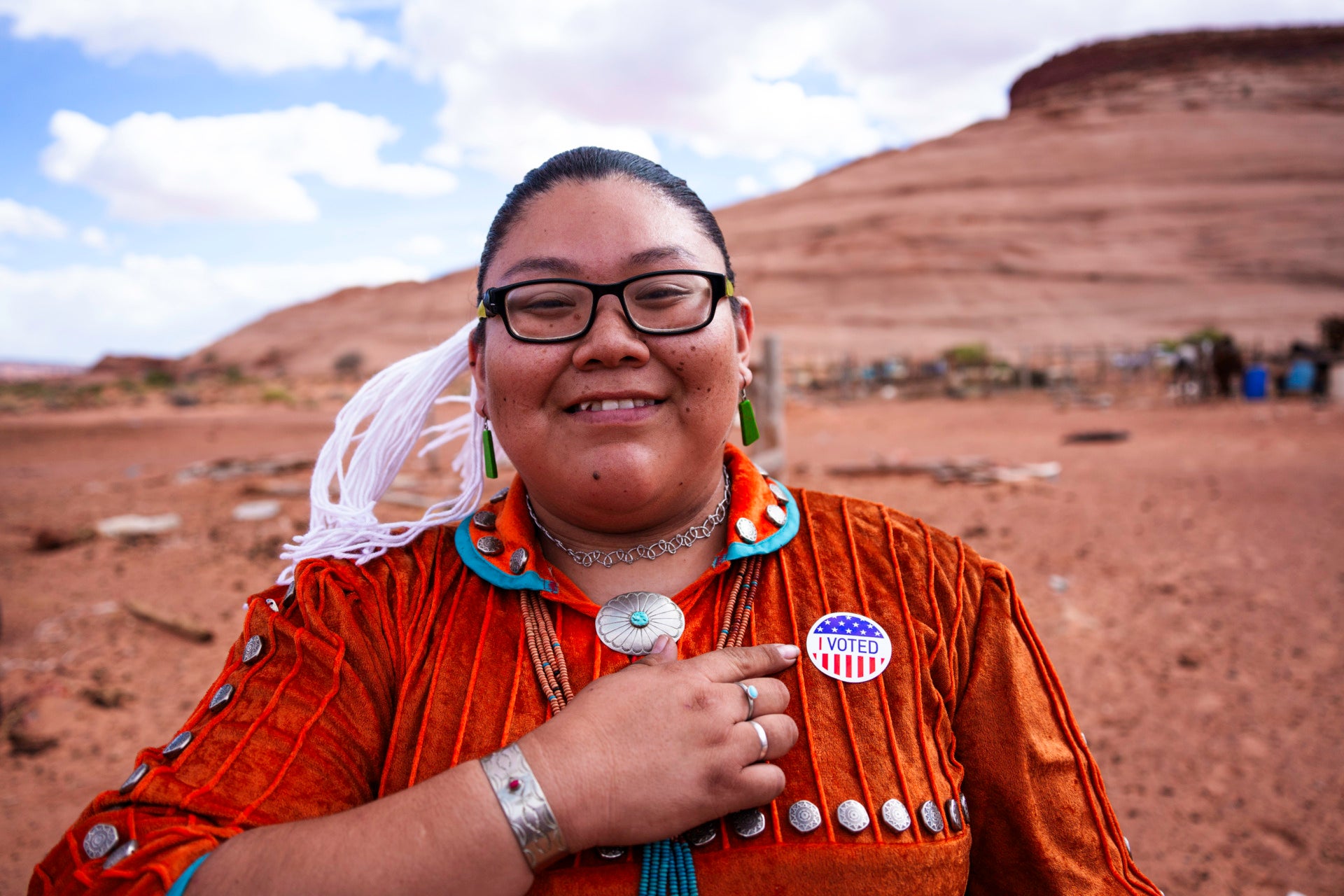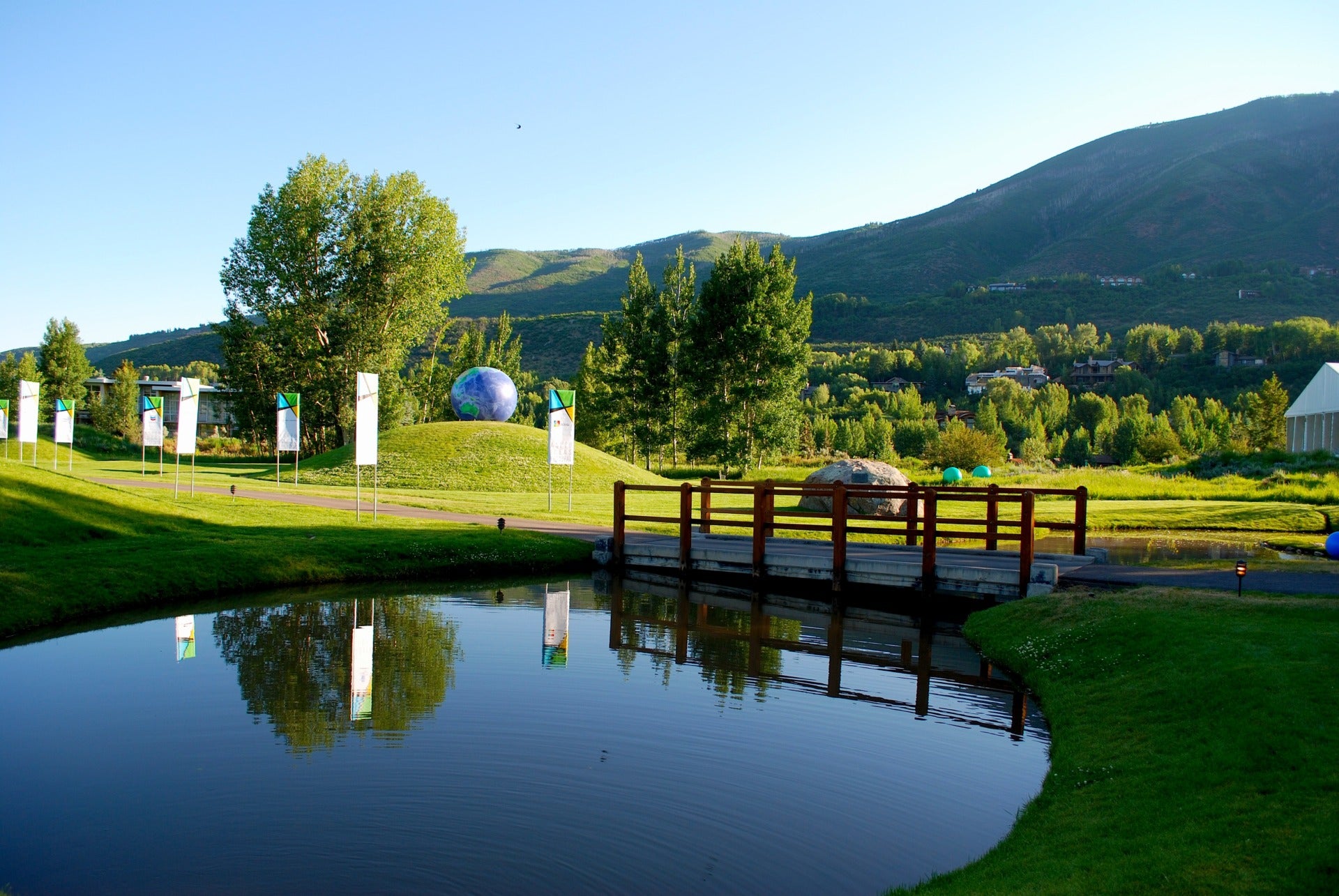What should every American know? This question has long been debated, discussed, and deliberated. And while answers need to come from all of us—not just a powerful few—young people have often been excluded from these conversations. A new partnership between Chicago Public Schools and the Aspen Institute’s program on Citizenship and American Identity aims to change that. Together they will elevate youth perspectives, beliefs, and values as vital to our national conversation of civic purpose.
In our last update, we highlighted the top terms and ideas that everyone should know in order to be civically powerful and culturally literate according to Chicago Public Schools Participate Civics students. The forthcoming series will feature perspectives from individual students, interrogating and exploring each of the eight key terms identified by the collective. Taken together, we hope this series expands who is included in the conversation about what every American should know and advances the aspirations of our democracy.
Tri Ho is a 12thgrade student at William Howard Taft High School located in the Norwood Park neighborhood of Chicago.
Immigrating from communist Vietnam to the United States, my parents never realized the full potential of their civic engagement. They feared that if they participated in politics, or against the status quo, then our privileges would be revoked. Their concerns stemmed from the communist regime in Vietnam, where there was minimal media exposure to two-sided conversations, limited access to liberatory education, and silencing of critical bloggers, activists, and online dissenters. As a result of this fear, even after my parents immigrated to the States, I grew up with a detachment from politics and civic engagement. I was never exposed to ways that I can participate in government or exercise my civil, political, and social rights, other than perhaps by voting.
However, it is essential for us who have been historically silenced to become active in the realization of our rights, especially when the system is not designed for their preservation and protection. All too often, the system that should work for us actually works against us through the use of racial profiling, discriminatory laws that stigmatize specific communities, and violations of basic protections in school or the workforce. But in the US, our civil, political and social rights apply to us all!
For example, in the US Constitution, the First Amendment protects your right to assemble and express your views through protest. Specifically, when organizing a protest, your rights are protected in “traditional public forums” such as government buildings where you have the right to film, have attendees, take pictures, etc. Furthermore, you cannot be discriminated against due to your participation in political organizations or your expression on various social issues. Due process rights guarantee that a person has the right to the fair application of the law before they can be imprisoned, executed, or have their property seized. If they get arrested, then they cannot be convicted right away as the 6th Amendment would give them the right to a fair trial (according to Gideon v. Wainwright, 1963). In short, the clause prevents states from the deprivation of life, liberty, or property without due process of law. This concept is crucial for participation in politics because sometimes minorities and immigrants are fearful of getting arrested or convicted just for protesting, but free speech, the right to protest and due process are all rights they are afforded. Finally, the Voting Rights Act of 1965 prohibits racial discrimination in voting. Everyone who is a citizen, regardless of their race, gender, sexual orientation, or education, has the right to vote in elections and participate in government. They cannot be denied their vote. Period. These are just some of the rights afforded to us, and we must make sure we actively reinforce and exercise our civil, political, and social rights as we engage in civic life.
Knowledge and understanding of one’s civil, political, and social rights make someone civically powerful because they can effectively and fully participate in their local community and government. For my community, this would mean strengthening our relationship with our country and restoring our faith in the participatory democratic system, which consequently could significantly increase the voter turnout rate for underrepresented minority groups. For my parents, this would allow them to overcome the fears of living under an extreme restrictionist government back home in Vietnam and enjoy American democracy. And for our youth, this would facilitate political mobilization that could drive them towards consciousness and surge their engagement in day-to-day political discussions.
For me, this is personal. Activating my own civil, political, and social rights has meant getting involved in a number of organizations and activities—specifically the Student Voice Committee at my school, the Student Voice and Activism Fellowship at the district level, and the Board of Education at the state level. I joined these organizations because I believe in the power of youth. Social change can happen if we work hard enough for it. SVAF is a fellowship that provides young people with the skills, resources, and support they need to be heard in the decision-making processes that impact their lives. The fellowship has allowed me to connect with youth across Chicago, host city-wide student voice meetings, and lead workshops on fighting racism in the classroom and creating safe spaces for students of color. And as a student advisor for the Illinois State Board of Education, I am a part of the Equity Group where we research the distribution of resources across schools. Through this experience, I hope to one day become an advocate for under-resourced high school and college students. Participating in these civic and political organizations has allowed me to understand the power of my voice and the impact such engagement can have. Seeing the joy on students’ faces when they finally feel heard inspires me to continue creating outlets for youth to find their voice, exercise their rights, and make the change they want to see in the world.
I have seen firsthand the power of leveraging this knowledge to take action. I want everyone to brush aside their fears and misconceptions about political participation and get involved. We should feel confident in expressing our beliefs and experimenting with different approaches to fight injustices. In order to take action, it is vital to have sufficient information about various rules, policies, and how to exercise our rights. And although voting is an essential first step towards progress, there is more that we must do to strengthen our engagement in the social and political sphere. Together, we can create a community full of hope, just laws, and civic participation.
Look out for more posts in this series that will feature the voices of Chicago students. And then join the conversation — what’s on your list?


